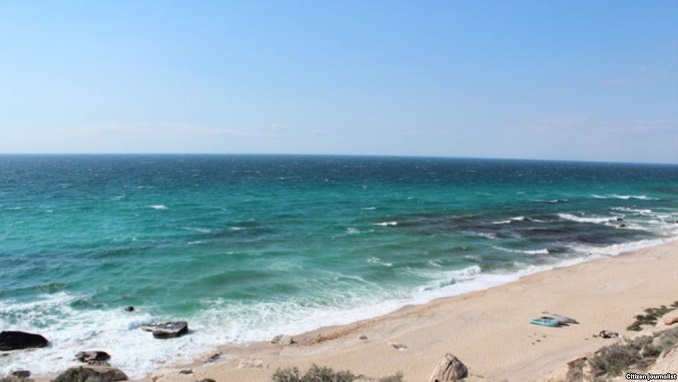Russian state oil company Rosneft and the country’s Natural Resources and Environment Ministry last week signed a cooperation agreement as part of the national Environment project activities that strive to protect biodiversity and the sustainability of the Arctic ecosystems, Nezavisimaya Gazeta reported.
The oil giant’s CEO Igor Sechin and Russia’s Natural Resources Minister Dmitriy Kobylkin signed the agreement, which will ensure further cooperation in preserving the biological diversity of species in the regions of Rosneft’s operation.
As part of the deal, Rosneft said the company will launch a 4-year corporate program of studying, preserving and monitoring the key species seen as the bioindicators of the sustainability of the Arctic ecosystems, such as polar bear, Atlantic walrus, reindeer, and ivory gull, an endangered seagull subspecies on the RF Red List. In turn, the RF Ministry of Natural Resources and Environment will provide research, methodological and analytical support of these activities.
The program’s scope will include comprehensive field and table-top studies of key species in order to obtain up-to-date information on the condition of the species of the Russian Arctic and their migration routes, Rosneft said, adding that the objective of the studies is to develop practical solutions for protection and monitoring of the key species to be used for planning of the Russian company’s business activities in the Arctic.
Rosneft said the company takes a multi-disciplinary approach to its environmental protection activities, involving oceanology, geology, marine biology, and animal study experts.
The Russian oil company says it has been driving forward a number of programs and projects since 2014 to preserve biological diversity in the regions of its operations, including a comprehensive research project to study Black Sea dolphins launched last year.












